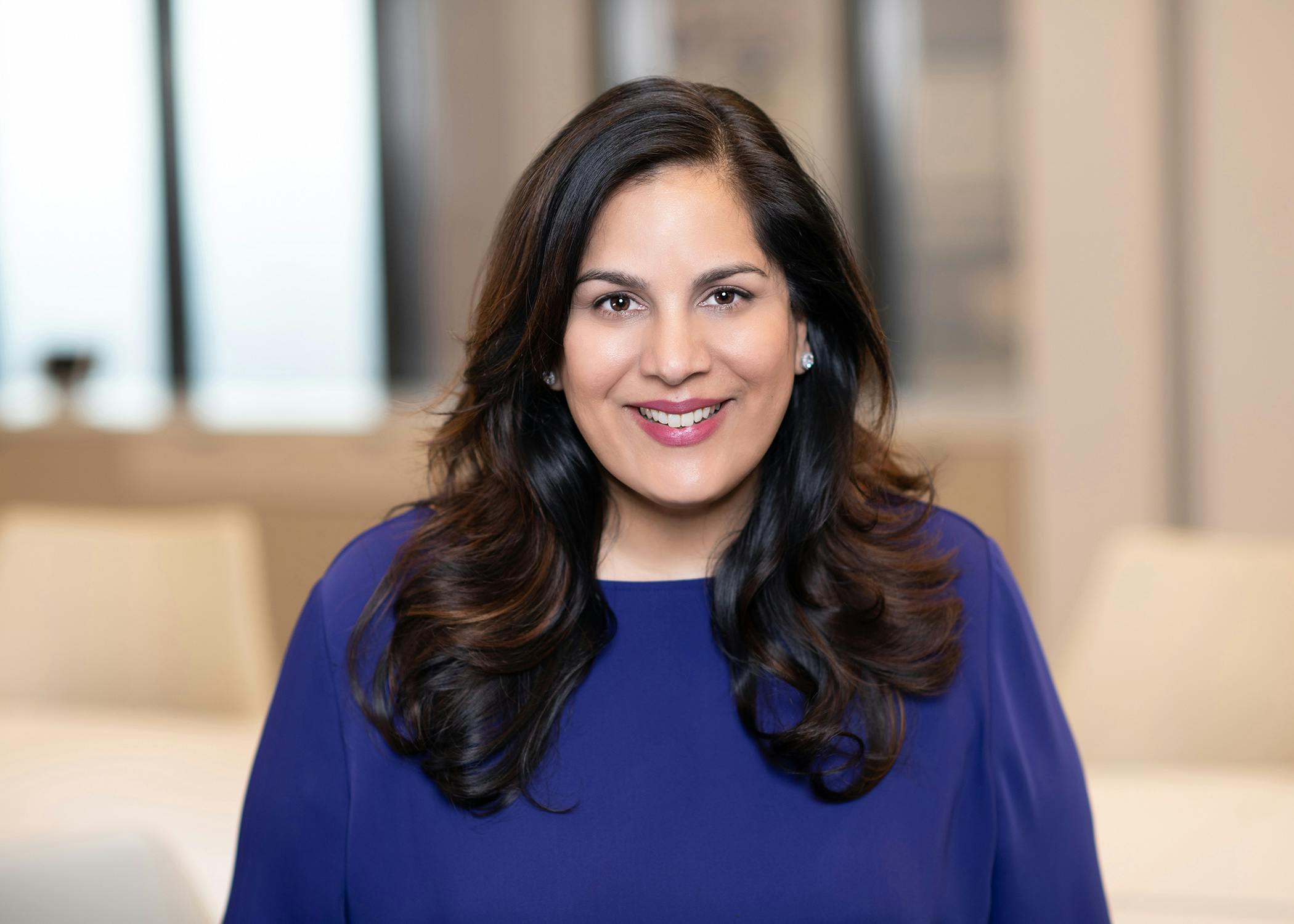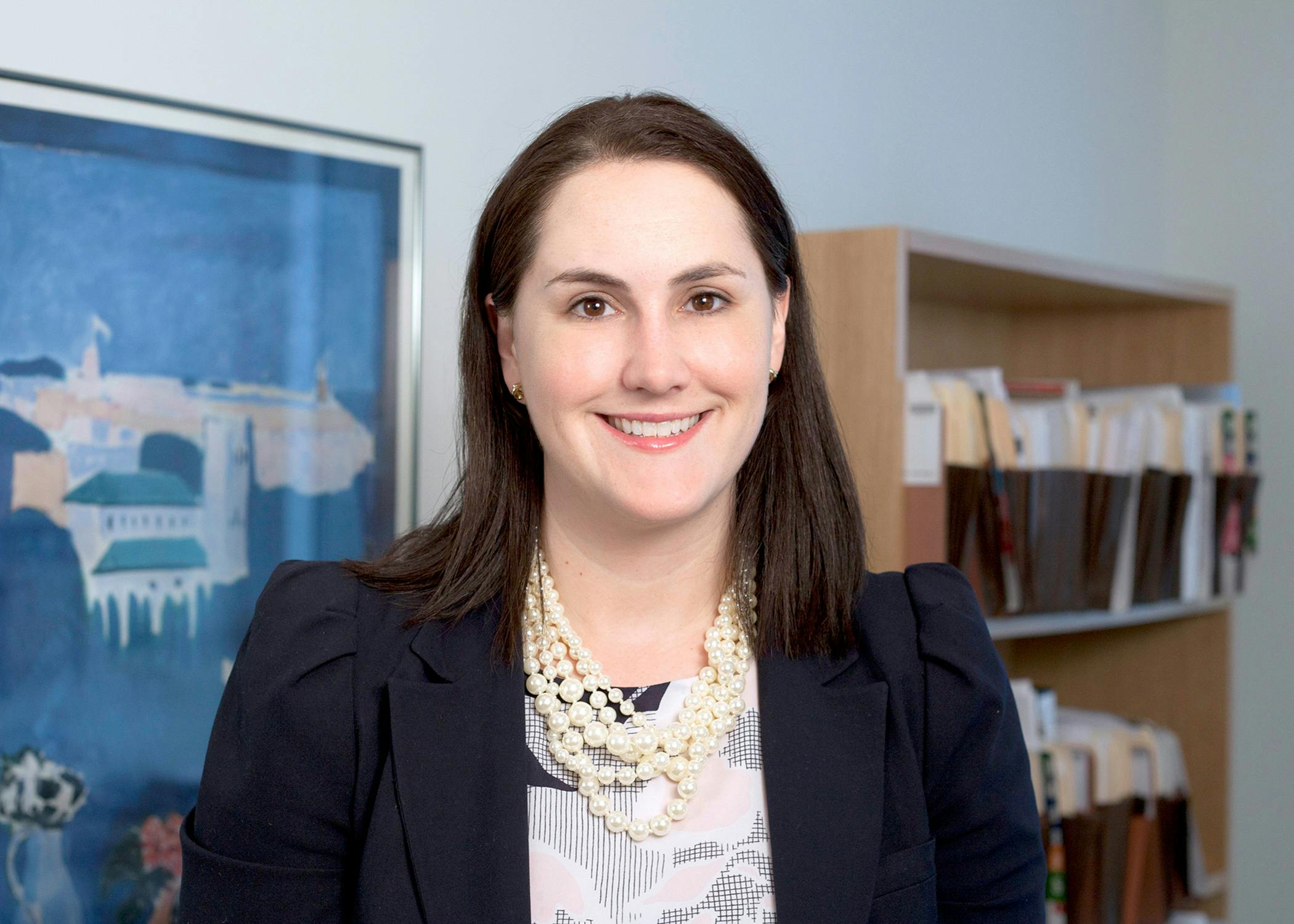Opportunity Zones
/Overview
Created by Congress’s tax reform bill in 2017, opportunity zones are designated low-income areas where investors can realize attractive tax advantages. Using a Qualified Opportunity Fund (O-Fund), investors can acquire a stake in new or existing buildings, property, and businesses within these zones.
O-Funds are useful in a range of projects, from redeveloping individual sites that were formerly power plants and factories to higher education institutions seeking to attract major donors for new or renovated campus-adjacent buildings.
Our Opportunity Zones team is comprised of more than 40 real estate, community development finance, tax, and corporate attorneys who can help clients with all aspects of O-Fund transactions.
We anticipate opportunity zones opening the door for high-impact investment in a variety of sectors, and we’re ready to help you capitalize on this future.
/Representative experience
- Developer of multifamily units Represented in acquisition of three properties located in opportunity zones in the Los Angeles area; properties will be redeveloped into multifamily developments resulting in a total of 700+ units of workforce, low-income, and market-rate rental housing
- Creation of O-fund Assisted in the creation of O-Fund financing the redevelopment of theaters located within opportunity zones in New York and Massachusetts
- Represented an affordable housing developer in O-Fund formation
- National community development lender Represented in the mixed financing of a development located within an opportunity zone
- City Advised on opportunity zone issues
- Diversified holding company Represented in O-Fund formation
- Investors Represented in creating opportunity funds for the capital gains from the sale of real estate property
- Institutional lender Represented in the formation of an O-Fund
/Recognition
- Nixon Peabody has been named a Tier 1 National firm for Tax Law in the 2026 edition of Best Law Firms®.






